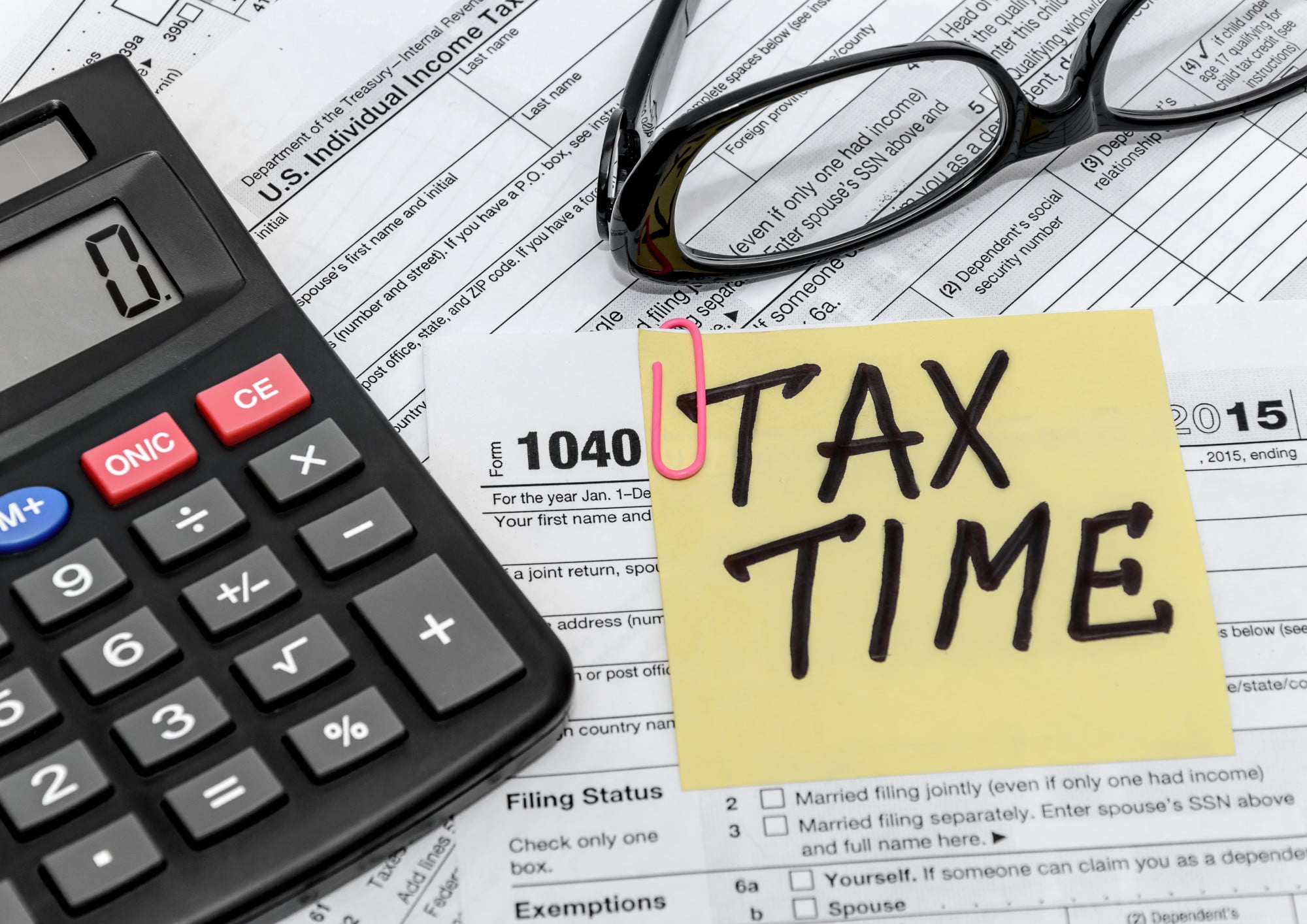
For many people, tax season is an incredibly stressful time of year. The more streams of income and investments you have, the more complex your taxes become.
Things like starting a business, freelancing, or buying an investment property can all completely change the way you do your taxes.
If you are new to property investments in Kansas City, you might be curious about how to get ready for tax season. Paying tax on rental income doesn't have to be a stress-filled ordeal!
Are you interested in learning more about property finance? Keep reading for some of our tips on how to approach your tax on rental income this year (without developing an ulcer).
Keeping Track of Your Income
The best thing you can do is to keep up-to-date, accurate, organized records. If you have a property manager, they will be helping to keep track of maintenance costs and rental expenses.
You should be keeping track of the money paid to you by tenants, the local property taxes, maintenance and upkeep costs, and more.
Your income and expenses will be listed on a Schedule E: Supplemental Income and Loss and will be filed with Form 1040 during tax season.
What Can You Deduct?
There is a very long list of expenses that you can deduct from your taxable rental income. This list includes:
- Local property taxes
- Pest control
- Trash removal services
- Property management fees
- Advertising and Marketing
- Maintenance Costs
- Cleaning Supplies
- And more!
It is important to note that for tax purposes, there is a difference between improvements and repairs. Repairs can be deducted during that tax year, while improvements impact the value of the home and therefore affect your taxes in the long-term through depreciation.
How Does Your Property Depreciate?
As the years pass, you can take a gradual deduction called depreciation. Depreciation reflects the value of the home and the changes that value has over time.
To determine your depreciation costs, you'll need to first determine your cost base and your property types.
Your cost base is the amount of money spent to purchase the property, including any expenses tied to the initial purchase.
Once you know your cost base, you'll need to determine what kinds of property you own. Do you own undeveloped land? If there are buildings, what kinds of buildings are there?
Commercial property, residential property, condos--there are many different kinds of property that can be affected by depreciation. You can even calculate depreciation on larger purchases like furniture and fencing!
Are You Ready to Pay Tax on Rental Income?
Owning a property means wearing many different hats. If you are doing the work all on your own, then you need to be a tax expert, property manager, handyman, marketing professional, and so much more.
However, by working with a property management company, you can start to work less and earn more passive income instead of active! Property managers can help you to pay tax on rental income without the hassle by keeping detailed records throughout the year.
Are you ready to learn more about owning and managing your rental property? Head over to our Contact page to get in touch with us!







